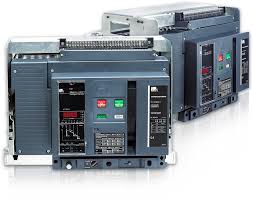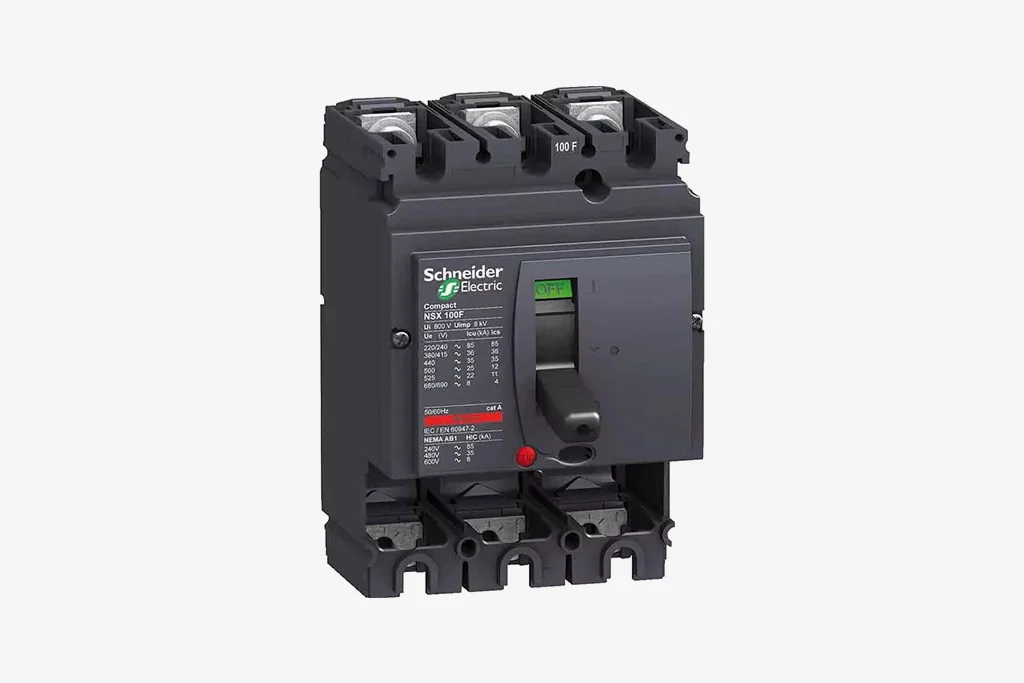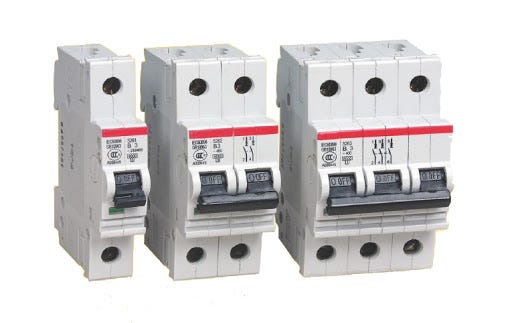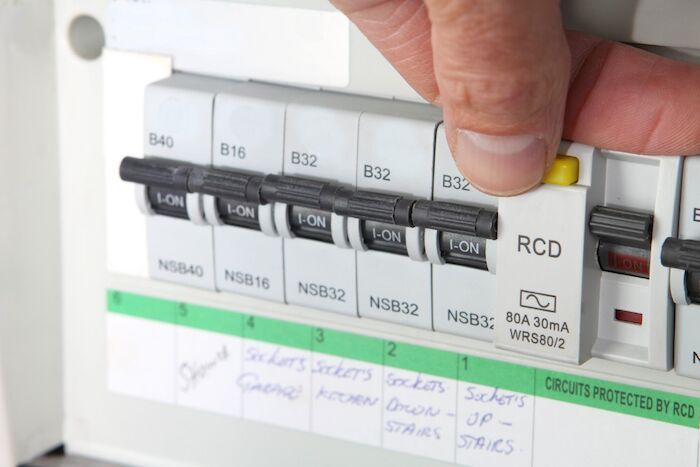ACB
An Air Circuit Breaker (ACB) is a type of electrical protection device used to interrupt and protect electrical circuits from overloads, short circuits, and faults in low-voltage applications. ACBs are designed to operate in air (as opposed to other mediums like oil or gas) and are commonly used in industrial and commercial settings. They provide high capacity protection, typically up to 6,300 amps, and can be used in a variety of applications, including power distribution and generator protection. ACBs are known for their reliability, ease of maintenance, and ability to handle high fault currents, making them essential for ensuring the safety and stability of electrical systems.


MCCB
An MCCB (Molded Case Circuit Breaker) is a type of electrical protection device used to protect electrical circuits from overloads, short circuits, and faults. Unlike traditional circuit breakers, MCCBs can handle higher currents, typically ranging from 100 to 2,500 amps. They are adjustable, allowing customization of the trip current, and often come with features like thermal and magnetic trip settings for precise control. MCCBs are commonly used in industrial settings and large commercial buildings where higher capacity and reliable protection are required.
MCB
An MCB (Miniature Circuit Breaker) is a type of electrical protection device designed to automatically switch off an electrical circuit during abnormal conditions, such as overloads or short circuits. MCBs are smaller than MCCBs and typically handle lower current ratings, usually up to 125 amps. They are widely used in residential and small commercial buildings to protect individual circuits or appliances. MCBs are reliable, easy to reset after tripping, and provide a safer alternative to traditional fuses.


RCD
An RCD (Residual Current Device), also known as a RCCB (Residual Current Circuit Breaker), is a safety device designed to protect against electric shocks and prevent electrical fires caused by earth faults. It works by detecting the difference between the live (hot) and neutral currents; if there is an imbalance, it indicates that some current is leaking, possibly through a person or to the ground. When such a fault is detected, the RCD quickly disconnects the circuit, typically within milliseconds, reducing the risk of injury or fire. RCDs are commonly used in homes and commercial settings to enhance electrical safety.
RCBO
An RCBO (Residual Current Breaker with Overcurrent protection) is a safety device that combines the functions of an MCB and an RCD in a single unit. It provides protection against both overcurrent (overloads and short circuits) and residual current (earth faults). RCBOs are designed to protect individual circuits, ensuring both electrical safety and preventing damage to the wiring and connected devices. They are commonly used in residential, commercial, and industrial installations where space-saving and comprehensive protection are needed in one device.


